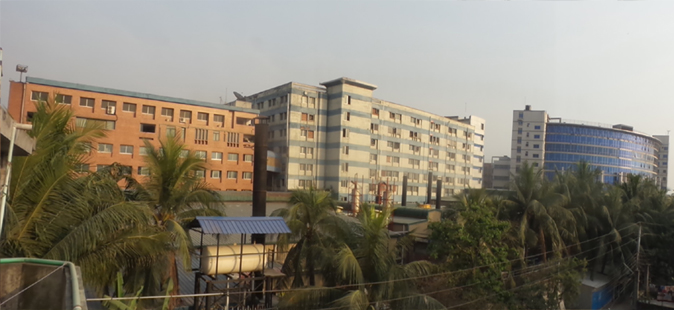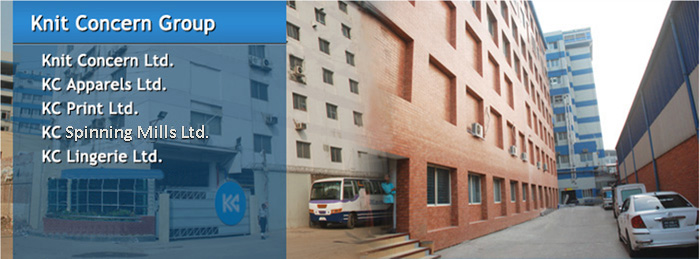
Brief Background
Knit Concern’s home base is Narayanganj – a township hosting the largest river port of Bangladesh. Besides, Narayanganj has been one of the largest centers for textiles and garments in this subcontinent ever since the middle age when it was world famous for its ethereal Muslin. This tradition Subsequently has ultimately continued to turn Narayanganj into an obvious place for knitwear industry – the country’s most vibrant industrial epic today. A busy port, a rich tradition, availability of skilled artisans, and a range of other facilities, amenities and possibilities have made Narayanganj the ideal place for Knit Concern Group.
It launched its very humble journey in 1990 from a rented building at Nayamati. That potential embryo, by virtue of futuristic entrepreneurship, dedication to quality, commitment to excellence, adoption of state-of-the-art technology, and keen focus on customers’ satisfaction, could very rapidly metamorphose into a large corporate entity, in its most modern sense, just by 1998.
Since its inception, Knit Concern has never stopped growing – in quality, quantity, and everything in between. Over the last couple of years, conceding to its growth requirement, using most contemporary machines and equipment of German, Swiss, USA, Japan, Italy, China and UK origin, it has nearly doubled its capacity. Highly skilled and dedicated human resource, most contemporary western machinery as well as IT and automation have optimized both of its costing and operational efficiency.
At present, on a single and full-fledged campus at Godnail, Narajanganj, about 16,000 skilled people of Knit Concern are producing about 2,00,000 pieces of very high quality knit garments and 1,00,000 pieces of lingerie per day. There are many indicators that may sketch the profile of Knit Concern’s business success but, perhaps, the increase of its export alone, from merely US$1.03 million in 1992 to about US$ 138 million in 2021, would show the degree of its exponential growth.


